Plexus AI enables top legal teams to do more each day
- 90% faster document execution
- 2x increase in team capacity (without adding headcount)
- ^65% increase in legal productitivy
/Colour/Cocacola.png?width=225&height=70&name=Cocacola.png)
/Colour/Lion.png?width=225&height=70&name=Lion.png)
How we help
-
- FASTER CONTRACTS
Accelerate cycle times
Review, summarise, and approve contracts in minutes, not days.
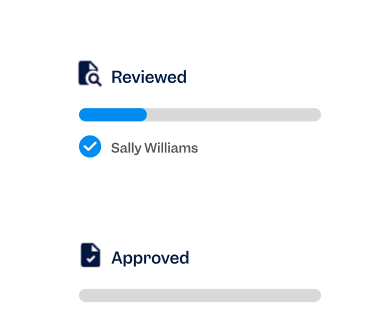
-
- SCALE SMARTER
Drive legal execution at scale
Plexus AI absorbs low-complexity, high-volume work, freeing lawyers for strategic matters.
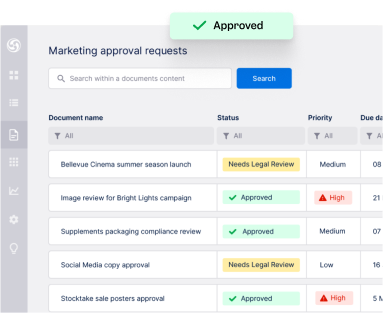
-
- CENTRALISED & SECURE
Embed legal everywhere
Sales, marketing, procurement, and HR access AI-powered answers inside their workflows, so legal is no longer the bottleneck but stays in control.
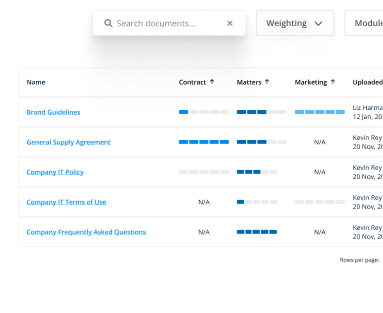
Plexus AI difference
Capabilities
Customers
Get Started
-
- SCALE LEGAL IMPACT
De-risk decisions
From contracts to campaigns, AI flags issues early, reducing the effort and time required for legal reviews.

What sets Plexus AI apart
Not generic AI, your AI
Plexus AI with Knowledge is trained on your GC’s playbooks and precedents, so every recommendation aligns with how your legal team thinks.
Embedded where legal work happens
Unlike point tools, Plexus AI integrates directly into existing workflows and tools, driving adoption by default.
Persistent intelligence
Plexus AI compounds knowledge over time. It learns your business with every contract, every matter, and every campaign review.
Explore our AI capabilities
“23% of lawyer time is automatable with current AI tech” - McKinsey, 2024
Contract Review
Reviews in minutes, not hours. Instantly highlight missing, risky, or compliant clauses. Identify gaps or deviations from precedent.
🚀 Up to 6x faster reviews.
Contract Summaries
Structured summaries cut through complexity, highlighting key terms, obligations, and risks.
🎯 Faster alignment and more confident execution.
Draft Advice
Generates first-draft advice on NDAs, compliance queries, and routine matters in seconds.
💲 Zero-cost extra lawyer for low-complexity requests.
Marketing Compliance
Reviews promotional content instantly, flagging risky claims or imagery before launch.
➕ Major savings in rework, legal cost, and time to market.
Plexus Knowledge
Provides instant, in-context legal guidance, automatically aligning every review to brand, policy, and legal standards.
👍 Instant AI-powered guidance reduces escalations to legal.
Turn contracts into conversations
Plexus Counsel delivers answers aligned to your policies standards and embedded right where legal work needs to happens.
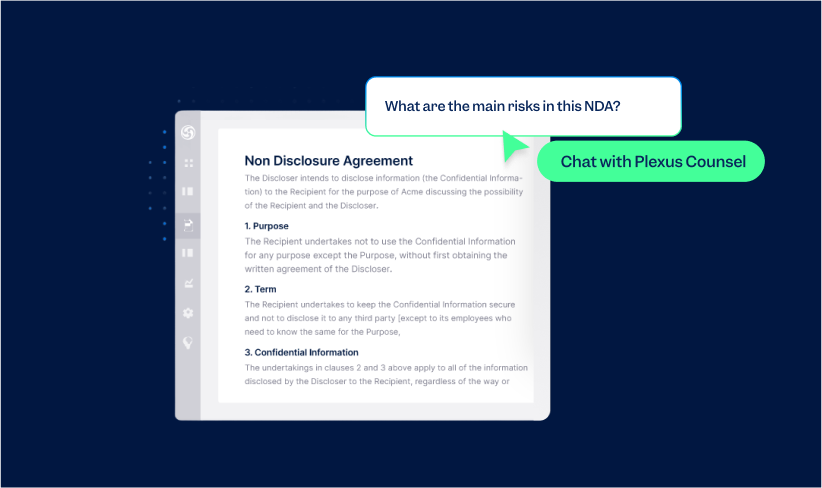
Plexus Counsel delivers answers aligned to your policies standards and embedded right where legal work needs to happens.
“The reduced execution time means we achieved a 50% YoY increase in execution volume."
4.5 hour
contract execution
2x
volume increase

Lawrence Kim
General Counsel
“For the business, it wasn’t just transparency, it was self-service. Low-risk, low-value contracts could go straight through without clogging legal.”
Fast
frictionless adoption, enterprise-wide.
.png?width=156&height=85&name=image%2042%20(2).png)
“Plexus stops our legal team from being a bottleneck in executing simple tasks that would otherwise take time.”
4 hour
contract execution
1.5 hour
NDA execution

Justin Coss
Noumi General Counsel
AI you can actually trust
Trusted by top legal teams at Fortune 500 companies.
Unlock full AI capabilities without your data ever being used for public model training or external sharing.
Plexus AI learns only from your legal playbooks and risk frameworks, not the public.
Every AI output is auditable. Human oversight, audit logs, and safeguards ensure accuracy and compliance.
Secure, isolated environments with the same encryption and access standards that protect Plexus platform.
SOC 2 Type 2, OpenAI Enterprise, and global data protection standards ensure compliance, security and confidence.
Ready to put Plexus AI to work?
We’d love to show you how Plexus AI helps your team move faster and scale legal impact through a personalised demo.
Share your details here, and we’ll be in touch ASAP.
/Black/7-eleven.png?width=225&height=69&name=7-eleven.png)
/Black/Asahi.png?width=225&height=69&name=Asahi.png)
/Black/Rea%20Group.png?width=225&height=69&name=Rea%20Group.png)
/Black/Sigma%20Healthcare.png?width=225&height=69&name=Sigma%20Healthcare.png)
/Black/Isuzu.png?width=225&height=69&name=Isuzu.png)
/Black/Woolies.png?width=225&height=69&name=Woolies.png)
/Black/Copia%20Power.png?width=225&height=69&name=Copia%20Power.png)
/Black/Nestle.png?width=225&height=69&name=Nestle.png)
“Our average time to approve and sign is now less than a day. Before Plexus it was weeks, not days."

Chief Legal & Sustainability Officer

Questions? We have answers.
Generic LLMs provide generic answers. Plexus AI provides your legal team with answers aligned to your playbooks, policies, and risk appetite.
Plexus AI is live in days, not months, with immediate adoption through intuitive workflows.
Plexus AI automates contract review, document summaries, and compliance checks without ever sharing your data externally. Your information is never used for public model training or third-party systems. All AI processing happens within secure, isolated environments.
No. Plexus never uses your data to train public or shared AI models. Our AI learns only from your uploaded legal playbooks, risk frameworks, and precedents. Customer data remains completely segregated to prevent any possibility of cross-organisational exposure.
Plexus AI is compliant with SOC 2 Type 2, OpenAI’s enterprise privacy standards, and all applicable legal and regulatory frameworks for AI and critical infrastructure.
At the system, function, and user levels. Plexus AI adapts to each business unit’s policies, legal playbooks, and preferences, compounding intelligence over time.
Absolutely. Our team can provide detailed documentation on our AI security, data management, and compliance practices to support your organisation’s due diligence requirements.
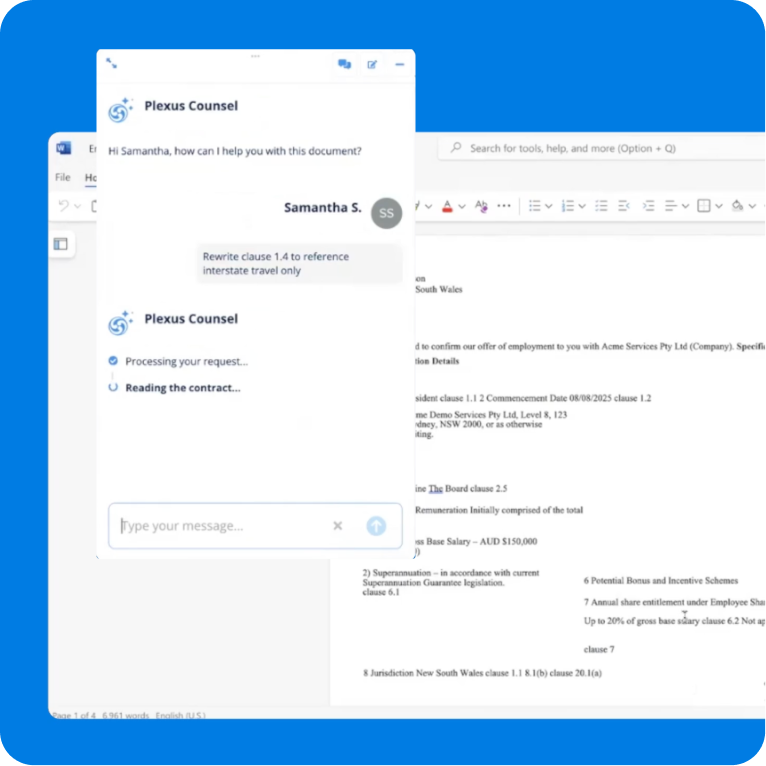



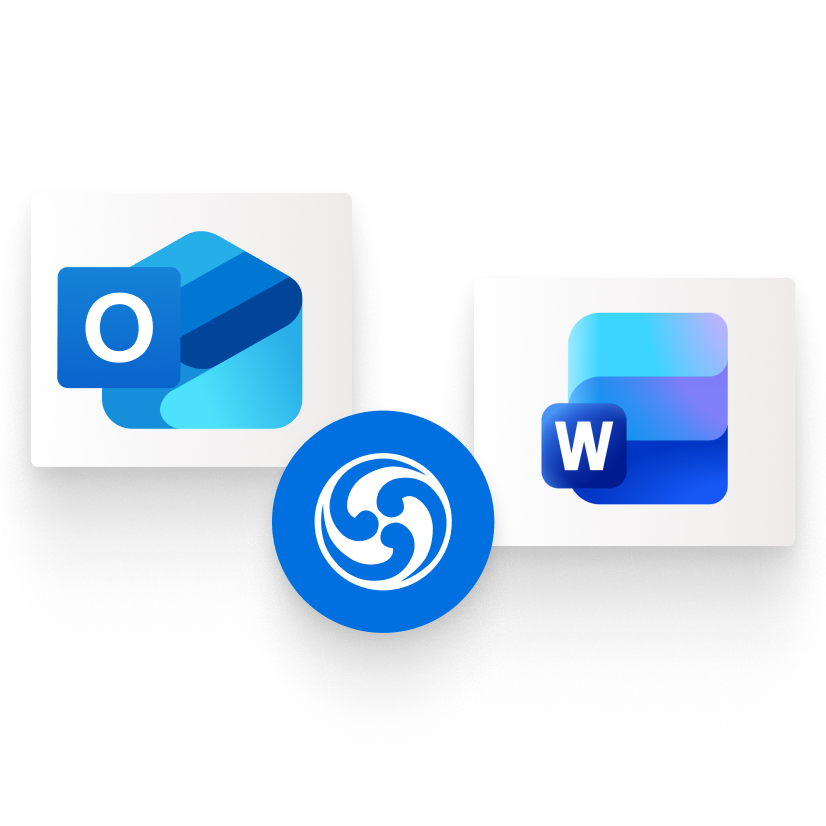
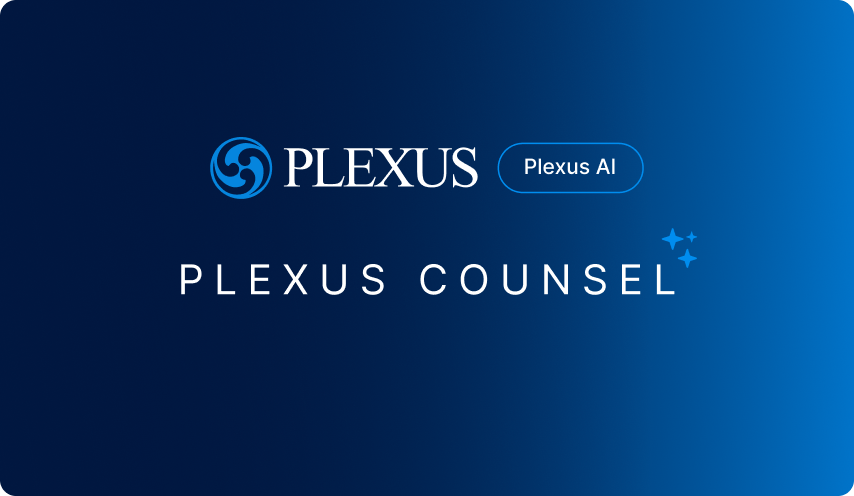
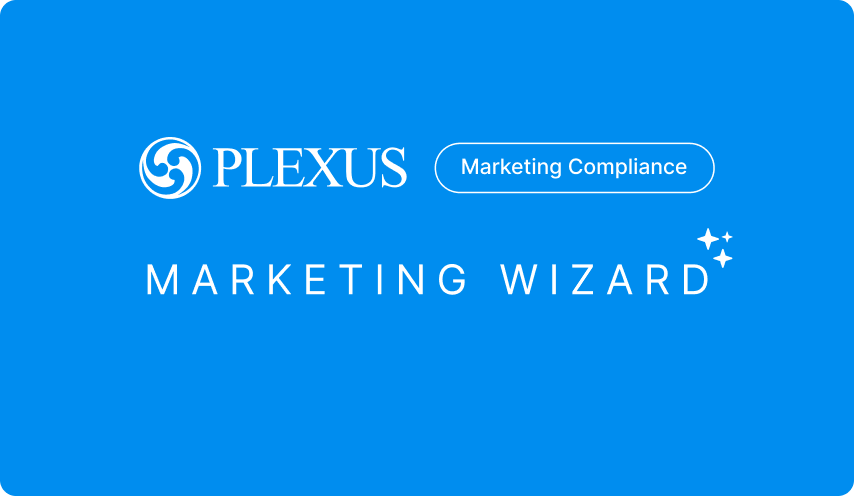
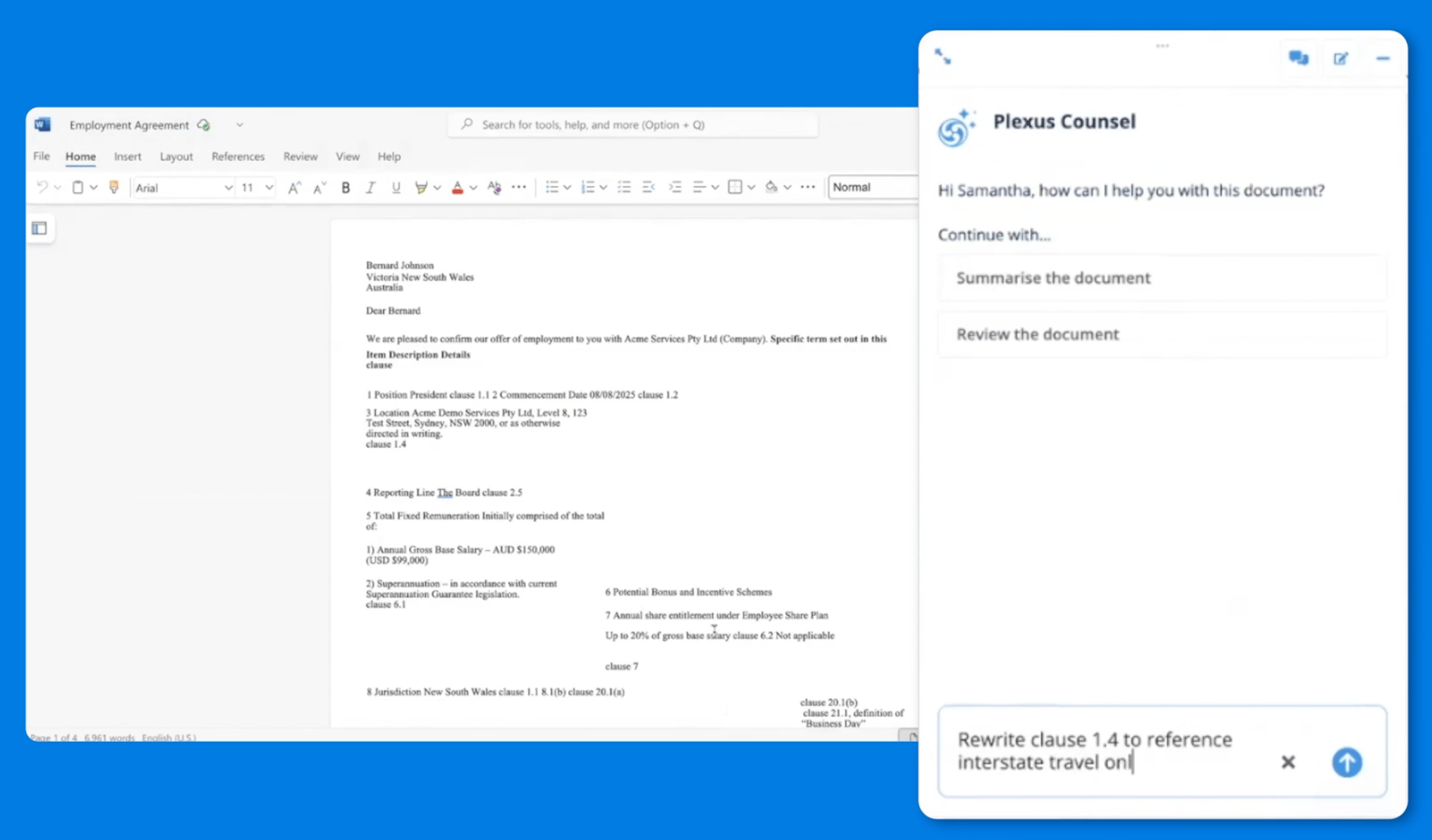
.png?width=428&height=601&name=Untitled%20design%20(33).png)